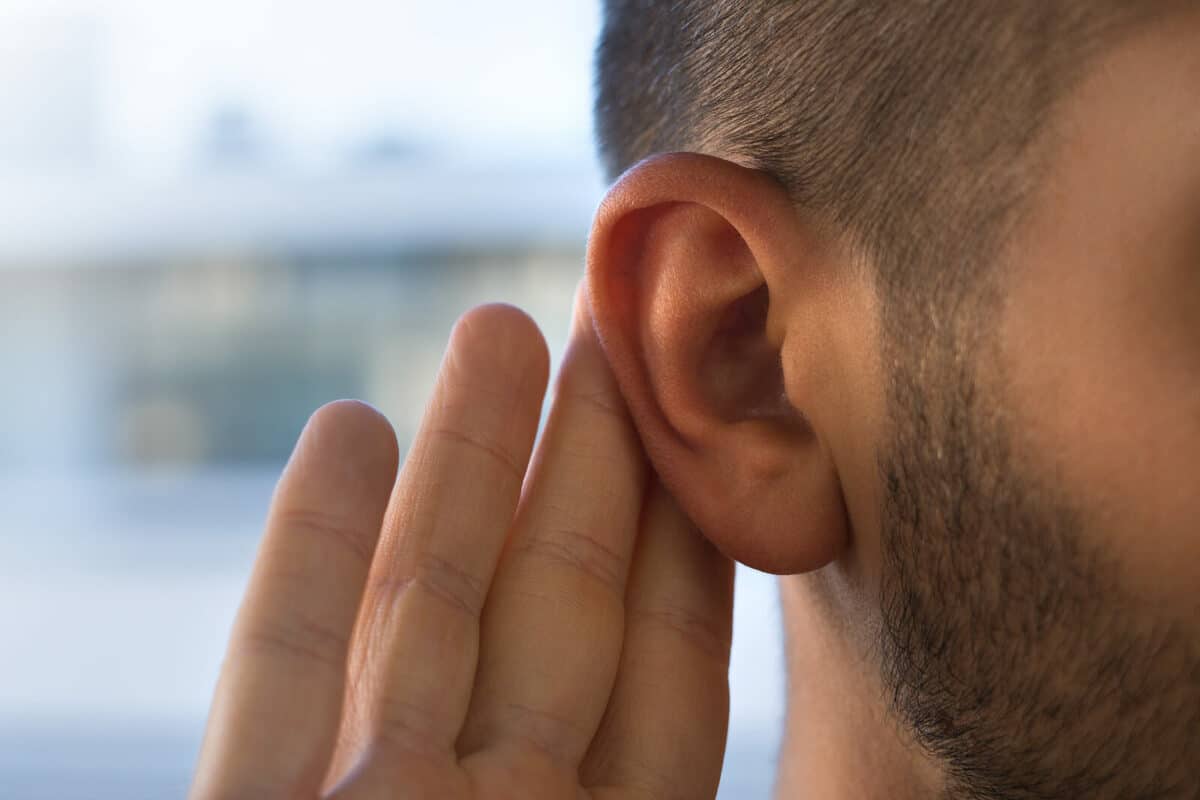Did you know that hearing loss is the third most common medical condition people experience today? Over 48 million people have impaired hearing, a pervasive health issue that reduces one’s capacity to hear and process speech as well as sound. With nearly 1 in 5 people having some degree of hearing loss, you or someone you know may be navigating symptoms.
Though hearing loss is common, it is still widely undertreated. Only a third of people who could benefit from treatment actually receive it. Untreated hearing loss can have significant effects on everyday life including straining communication and relationships. Being able to recognize early signs can help you identify hearing loss, supporting early intervention which can tremendously help your hearing health and wellness.
Understanding Hearing Loss
Hearing loss is a medical condition that adversely impacts hearing health. It takes a toll on one’s ability to hear and process speech as well as sound. Hearing loss can be caused by several factors including:
- Aging: also known as presbycusis, the risk of developing age related hearing loss increases with age. This is due to the cumulative toll on noise exposure, changes to the ear, or medical conditions that also impact older adults disproportionately and are linked to hearing loss. It is estimated that half of all adults, 75 and older, have disabling hearing loss.
- Loud noise: one time or consistent exposure to loud noise can irreparably damage the sensory cells in the inner ear. These cells help convert incoming sound waves into electrical signals which get carried to the brain. The brain is then able to further process and assign meaning to these signals, allowing us to understand what we hear. Loud noise can desensitize and weaken sensory cells, preventing them from effectively processing soundwaves. This results in the brain receiving less auditory information, producing noise induced hearing loss.
- Medical conditions: extensive research shows that a number of medical conditions can increase the risk of developing hearing loss. This includes cardiovascular disease, hypertension, diabetes, and osteoporosis. These conditions can affect blood flow throughout the body including the ears, and also impact bone health which are critical elements for processing sound.
Other causes of hearing loss include head injuries, inner ear disorders, chronic ear infections, autoimmune conditions, and ototoxic chemicals and/or medications.
Early Signs of Hearing Loss
Hearing loss typically occurs gradually, so symptoms can remain unnoticed for quite some time. Paying attention to early signs is a useful way to identify hearing loss and intervene early by seeking treatment. Common hearing loss symptoms include:
- Tinnitus: a ringing or buzzing sound in one or both ears that only you can hear.
- Sounds are distorted or muffled.
- Struggling to hear in places with background noise.
- Lip reading to help identify individual words.
- Having trouble hearing over the phone.
- Pretending to hear to get through a conversation.
- Increasing the volume on the TV and/or other electronic devices.
- Frequently asking others to repeat what they said, speak louder, and/or slower.
- Often responding with “huh” or “what”.
- Being able to hear more clearly out of one ear compared to the other.
- Moving to a quieter space to hear.
- Feeling drained or fatigued after conversations and social interactions.
These symptoms can be mild to more profound, taking a toll on communication. Engaging in conversation becomes challenging which often leads people to avoiding them as much as possible. Social withdrawal is a common effect and s symptoms of hearing loss. This not only impacts relationships and social connection but also mental health and wellness. If you recognize any of these signs, it is important to have your hearing assessed soon.
Treating Hearing Loss
The first step towards treatment is to have your hearing comprehensively evaluated by a hearing healthcare specialist. Hearing tests involve a painless and noninvasive process that measures hearing capacities in both ears. This identifies any hearing loss and the degree of impairment present. Fortunately, there are effective ways that hearing loss is treated. Hearing aids are the most common solution – these are electronic devices that are designed to absorb, amplify, and process speech as well as sound. This provides the ears and brain with ample support, alleviating symptoms and maximizing hearing capacity.
Treating hearing loss transforms hearing health and also enables people to live active lives that they can fully participate in. Contact us today to schedule an appointment for a hearing consultation!

